
Do you Understand what Inequality is?
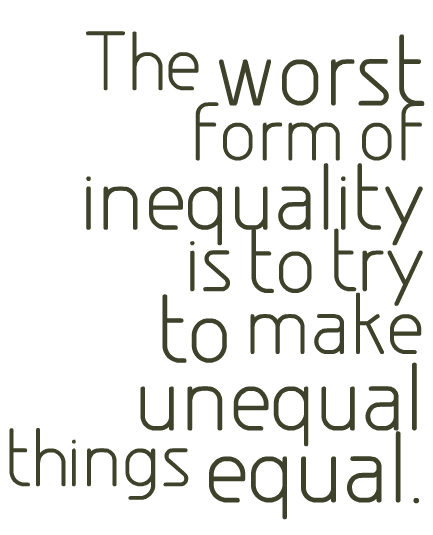
What inequality is not, is poverty. When people talk about inequality they usually try to sway people by tugging on their emotions and showing poverty-stricken children suffering as they try and obtain or beg for food. However, they are not suffering because of inequality, they are suffering because of poverty, because they are poor.
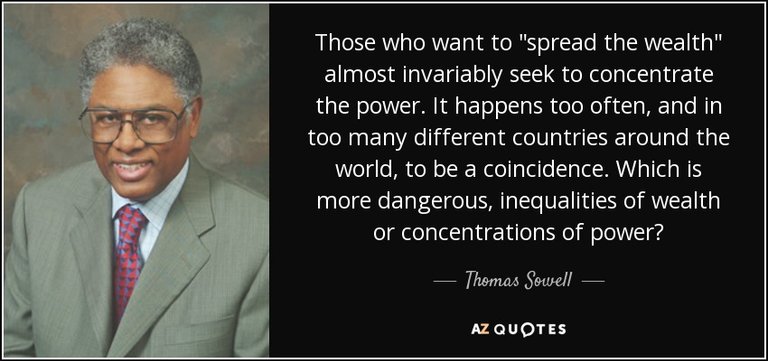
We often myopically focus on inequality and conflate poverty and inequality, running the risk of missing the real problem which is poverty. When we focus on examples of inequality, we usually focus on some snapshot in time and summarize what is shown in that snapshot as inequality. For instance, if we were to look at 100 people, we would find that there are several people that earn 30K or less, some earn 40K, some 50K, some 60K and so forth. The inequality abounds. This is the main argument in the wage gap that most of the population has been sheepishly hoodwinked into believing by ill informed or dangerous feminists.
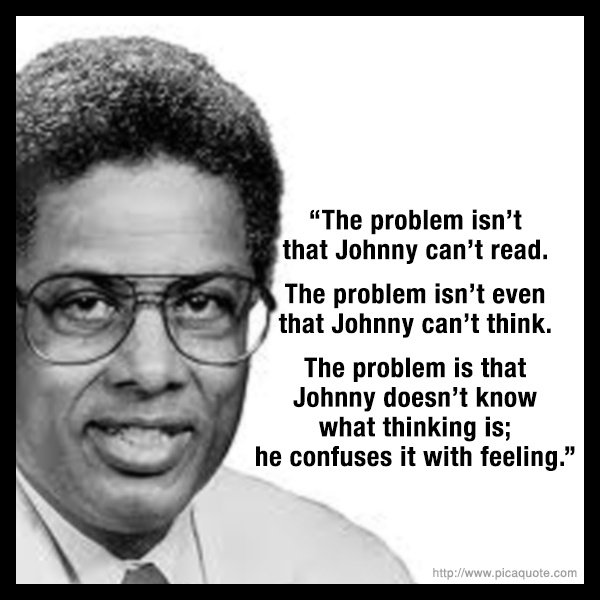
However, if we take the time to imagine for one moment that each of these people no matter how much they earn are on a conveyor belt running through the various aspects and stages of their careers. The people earning the least are just starting their careers, the people in the middle-income brackets are mid-level in their careers and the people earning the most are furthest along in their careers with the most experience, have the most time in the work force and have achieved the most education.
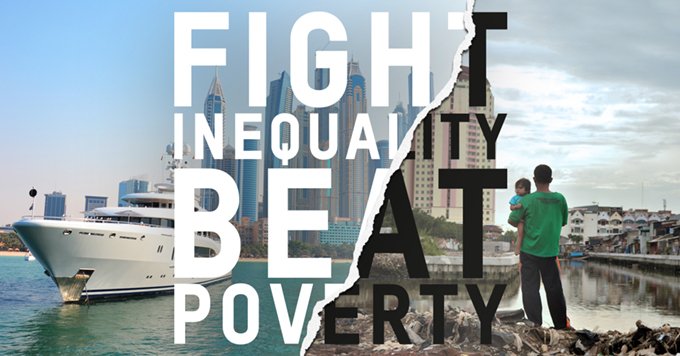
People just about to enter the conveyor belt are students who are learning skills and preparing to enter the work force as they finish their education. There is inequality everywhere we look and is constant and persistent. However, as time moves along, and our conveyor belts moves along, we see that each person at some point moves through one category to another and by they time they finish their career or the ride on the conveyor belt, each person earns over $500,000 or so.
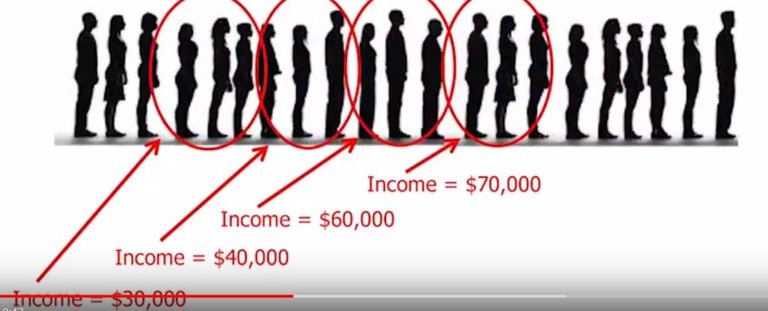
In this example we have persistent inequality at every point in time, but over time, for the most part, everyone is equal. Of course, there is inequality of outcome, some people earn more than others, but when we talk about inequality, we usually look at a snapshot in time and see people with low incomes, moderate incomes and substantial incomes and say look at all the inequality.
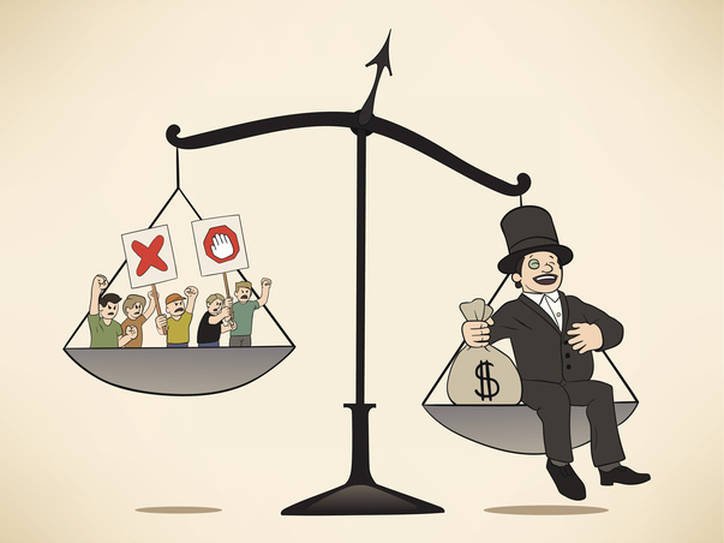
The correct way to observe inequality is to look at it over time and observe over time how people move, some from one category up to another while others move from a category down to another. By looking for inequality over time, we still see inequality, but we see markedly less inequality than when we just view a snapshot in time.
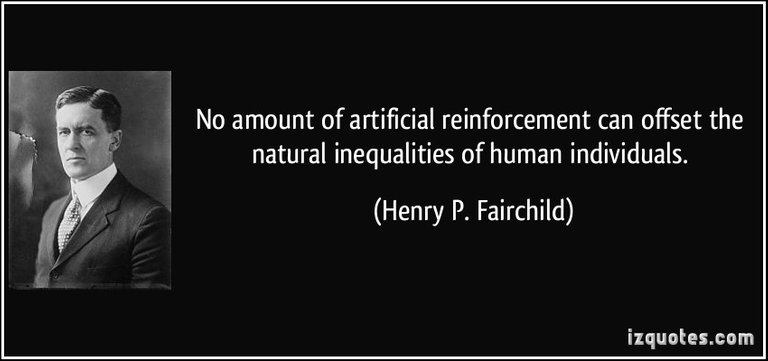
Additionally, when we focus on inequality, invariably we tend to see a focus on the flow of money and ignore the flow of goods and services. If you ask a room of lecture participants how many have $50,000 or even $25,000 in the bank, very few will respond positively, raising their hands. However, when you ask how many have a smart phone, or surf the Internet daily or even how many have an Internet package hooked up to their smart phone, then we seen that almost 100% raise their hands. When we look at money, we see inequality, but when we look at the good and services that arise in response to that money, we see overwhelming equality.

One of the most commonly used measurements of inequality is the Gini coefficient which is a measure of statistical dispersion intended to represent the income or wealth distribution of a nation's residents. 0 on the Gini Index means everyone is equal and 1.0 means that one person is rich and everyone else is poor. The two most equal countries according to the Gini Index are Sweden (0.272) and Afghanistan (0.278). These two countries are the most equal regarding the dispersion of income among their residents as it gets on planet earth.
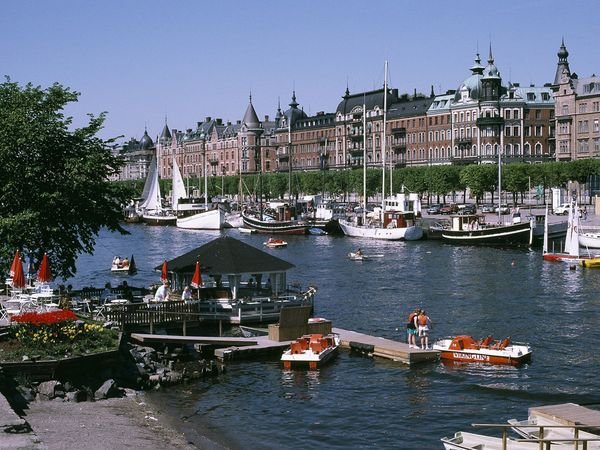
Residents in Sweden on average earn USD 30,553 and in Afghanistan USD 410. Equality does not mean we are well off. Equality can mean that we are equally miserable. Focusing on false understandings of inequality will divert our attention from real problems, namely poverty. People can be persistently unequal yet be perfectly equal over time. Contemporary discussions of inequality usually ignore half of the economy and only focuses on money. Further, equality is not necessarily good in the first place.
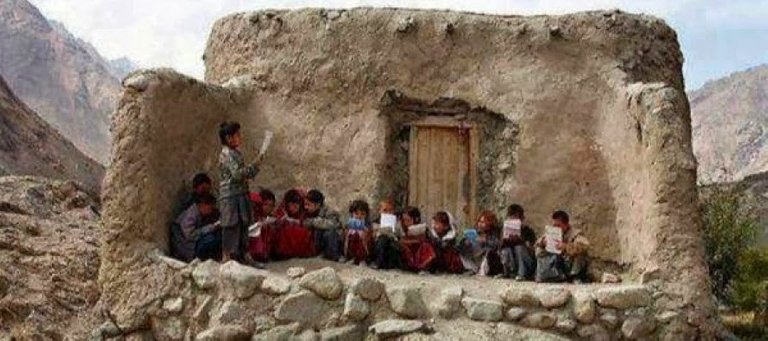
Typically, we confuse inequality that exists at one point in time over an inequality that is much less over time and we tend to think that equality is good when in fact it may not be.

Posted from my blog with SteemPress : http://h20ho.com/papers/do-you-understand-what-inequality-is/
To the question in your title, my Magic 8-Ball says:
Hi! I'm a bot, and this answer was posted automatically. Check this post out for more information.
If you have any problem regarding steemit then you can also ask me. I will guard you for earning more money on steemit. Follow @jkgautam75 and join our community for 100+ upvotes on every post. Community link is https://t.me/target1000 If you follow me then I will also follow you and upvote your next post.
nice post 👍👍👌👌
pleassss upvt to upvt
@shailesh1
Thank you and I have reciprocated
nice post man up for up?